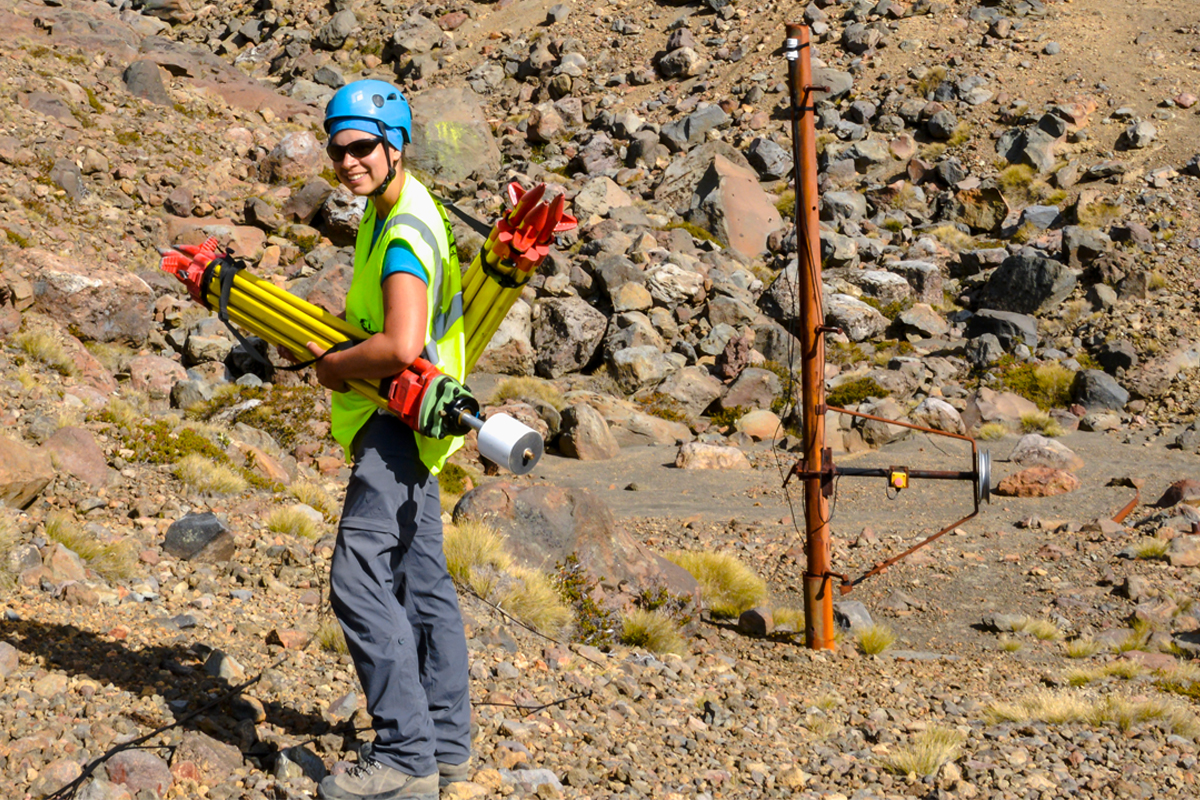All Categories
Featured
Table of Contents
Geophysicist Careers in Bullsbrook Aus 2023
This work is significantly contracted out, so consultancies provide another source of employment. Consultancy companies vary in size, from really little business to big multinationals. Some consultancies are quite specialised in using particular geophysical methods or operating in specific areas, while others use a more diverse range of services to their customers.
The extraction of gas from landfill sites is another location of work and this may grow in the future. Expedition business may carry out work for construction firms, public utility, mining companies and ecological firms, so geophysicists might be used in any of these settings. Other companies consist of: geological surveysgovernment bodies and agenciesuniversities and research institutes.


Vacancies might be noted in the oil and gas sector press. Recruitment is impacted by oil cost changes and the level of competition for positions varies depending on this. Careers Days, which cover the complete variety of geoscience professions and are typically gone to by a number of key market companies, are run by The Geological Society.
Geophysical Survey Next Step In Carbon Storage Study in Forrestfield Oz 2021
A few of the big oil and gas companies use a complete two-year structured training program throughout the breadth of geophysics, including the chance to experience operate in various groups before specialising in one area. Your training might consist of work on: existing wellsmagnetic and gravitational prospective field data analysisresearchrock analysis. However, it's more normal for your initial training to be offered on the task.

There may be a probationary duration throughout which you work alongside an experienced associate. Competency-based appraisals take location routinely in many firms. In smaller sized companies, and for academic posts, there is not likely to be any official training - you'll be expected to begin work straightaway and get abilities as you go along.
If you work for a smaller company, you might discover that you need to take obligation for organizing and moneying your own development and training. If you have a geology degree, membership of The Geological Society can be helpful for networking and for keeping up to date with the market.
Geophysical Survey Services in Bickley WA 2021
You may likewise find it useful to join the PESGB (The Petroleum Exploration Society of Great Britain, which has a geophysics unique interest group. After a probationary duration, and once you have actually gained some experience, you could progress to senior geophysicist, then team leader and then into a senior role in management.
The ease of movement in between functions depends upon the company structure. Research study at Masters or Ph, D level in a subject associated to geophysics or geosciences might aid with your career advancement and progression. The employment market within the oil and gas industry is extremely based on price and this might affect your opportunities for profession progression.
For skilled geophysicists, freelance consultancy offers an excellent route for career advancement. As a geophysicist, you're most likely to have a number of tasks throughout your working life.
Geophysical Survey Permit Program in Embleton Oz 2020
From geophysics, it's possible to concentrate on seismology (finishing additional training to end up being a seismic interpreter) or to move into related locations such as engineering geology or risk prediction.
Choosing what to study in college is a hard option. Even if you know that your field of interest lies in science, what program of study is right for you? If you make the decision to major in physical and biological sciences and pursue a profession as a geophysicist, you're getting ready for an interesting and lucrative occupation.
The very first action to attaining your goal of becoming a geophysicist is earning a degree. Even for entry-level positions in the field of geoscience, you'll need a bachelor's degree (a geophysicist college degree) from a recognized college or university. Geophysicists should be able to: analyze rocks, photographs, and other pieces of information conduct research study both in the field and in laboratories develop maps and charts of their findings write reports To accomplish all this, students need a specialized education for geophysicist careers.
As specified above, you'll need a bachelor's degree in geoscience or an associated discipline, such as a physical science or a life sciences, to land an entry-level task. However trainees can also prepare by learning subjects like: Biology Chemistry Computer system science Engineering Mathematics Physics The above geophysicist majors use a more generalized approach to a single clinical discipline, but a lot of programs need students to take several geology course.
Latest Posts
Geoscientist - College Of Science in St James Aus 2021
What Is A Seismic Survey? in Straffon Oz 2021
What Are Geological, Geochemical, in Hovea WA 2022